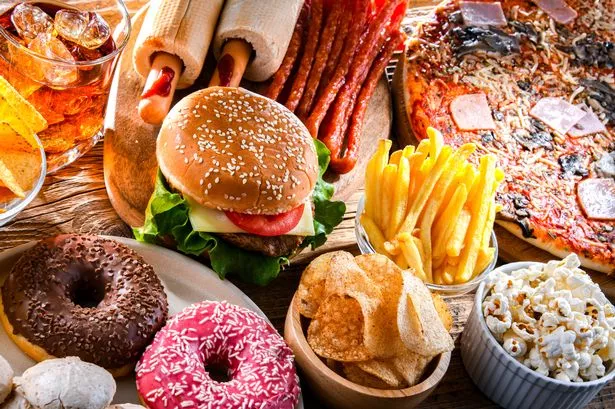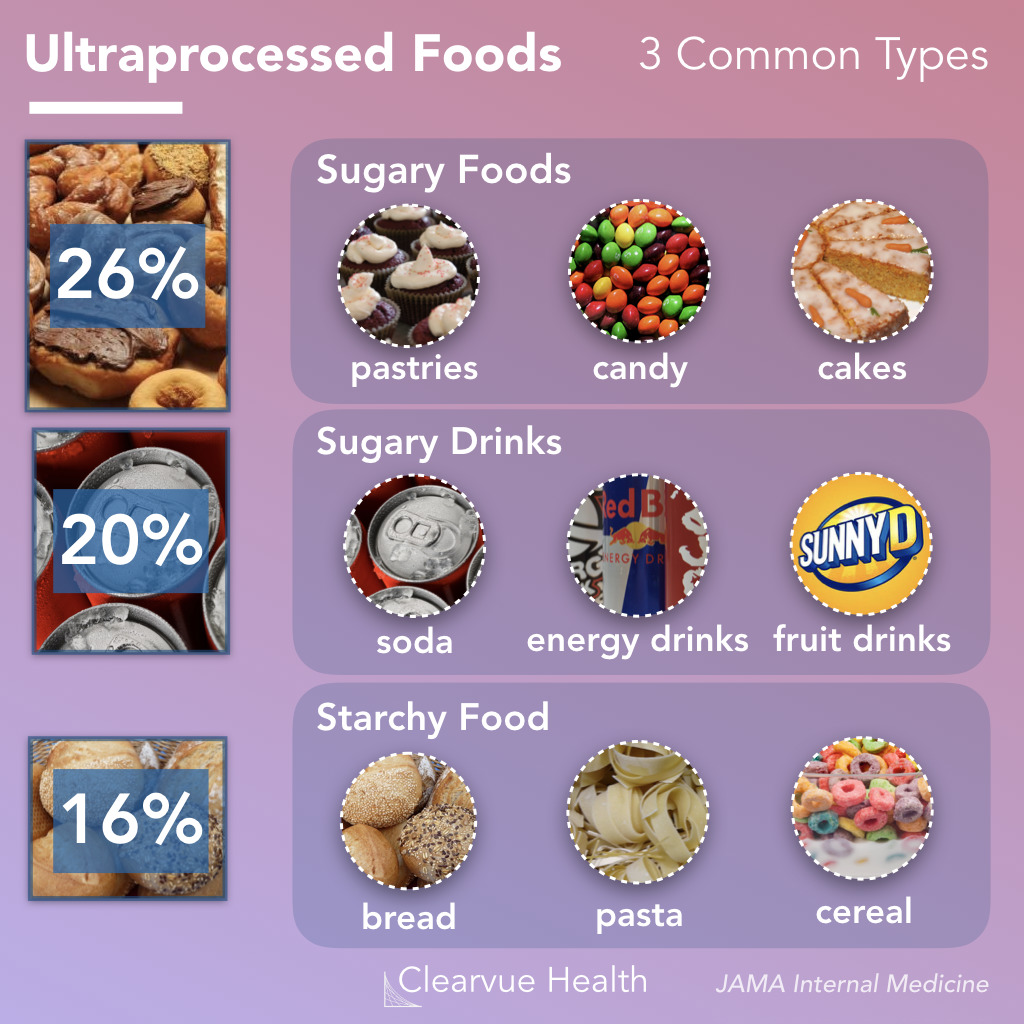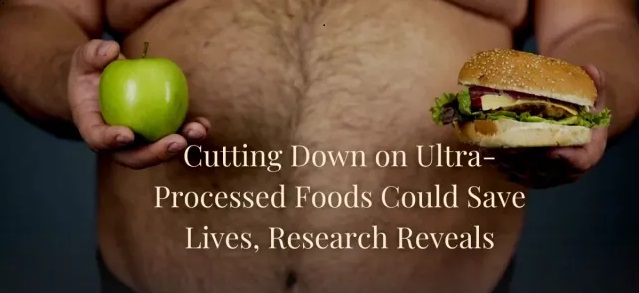
In our fast-paced world, convenience often trumps nutrition. Ultra-processed foods have become dietary staples for many, but mounting evidence suggests these convenient options may come with a significant hidden cost: years off your life. Let’s explore what research reveals about these ubiquitous food products and their impact on longevity.
What Are Ultra-Processed Foods?
Ultra-processed foods are industrial formulations made primarily from substances extracted from foods (oils, fats, sugar, starch), derived from food constituents (hydrogenated fats, modified starch), or synthesized in laboratories (flavor enhancers, colors, and additives that make products palatable). Common examples include:

- Packaged snacks and chips
- Carbonated soft drinks
- Ready-to-heat meals
- Instant noodles and soups
- Breakfast cereals with added sugar
- Mass-produced packaged breads
- Processed meats like hot dogs and nuggets
The Research on Mortality Risk
Several large-scale studies have linked ultra-processed food consumption to increased mortality. A 2019 study published in JAMA Internal Medicine followed over 44,000 French adults for 7 years and found that a 10% increase in ultra-processed food consumption was associated with a 14% higher risk of all-cause mortality.
Similarly, research from the University of Navarra in Spain that analyzed data from approximately 20,000 participants showed that consuming four or more servings of ultra-processed foods daily was associated with a 62% increased risk of all-cause mortality compared to those consuming less than two servings.
How Ultra-Processed Foods Affect Your Health

These foods contribute to premature death through multiple mechanisms:
Nutrient Deficiencies: Despite being calorie-dense, ultra-processed foods are typically nutrient-poor, leading to malnutrition even amid excess calorie consumption.
Metabolic Disruption: High in refined carbohydrates and unhealthy fats, these foods cause rapid blood sugar spikes and insulin resistance over time.
Inflammation: Chemical additives and altered food structures trigger inflammatory responses in the body, contributing to chronic diseases.
Gut Microbiome Damage: Emulsifiers, preservatives, and lack of fiber disrupt gut bacteria balance, affecting everything from immune function to mental health.
Addictive Properties: Engineered to hit the “bliss point” of salt, sugar, and fat, these foods can trigger addiction-like neurological responses that promote overconsumption.
Practical Steps to Reduce Ultra-Processed Foods
You don’t need to transform your diet overnight. Consider these manageable approaches:
- Read ingredient lists: The longer the list with unrecognizable ingredients, the more processed the food likely is.
- Cook more meals at home: Even simple home cooking typically contains fewer additives than commercially prepared foods.
- Make gradual swaps: Replace ultra-processed options with minimally processed alternatives—fresh fruit instead of fruit snacks, or oatmeal instead of sugary cereal.
- Prepare convenience foods: Batch-cook and freeze portions of homemade soups, stews, or grain bowls for busy days.
- Practice the 80/20 rule: Aim for 80% minimally processed foods, allowing 20% flexibility for convenience or pleasure.
The Bottom Line
The evidence is compelling: ultra-processed foods may be shortening our lives. While complete elimination isn’t realistic for most people, awareness and gradual reduction can have meaningful impacts on health and longevity. Each small change toward more whole, minimally processed foods is an investment in your future well-being.
Remember, it’s not about perfection but progress. Your body will thank you for every processed food you replace with a more natural alternative.